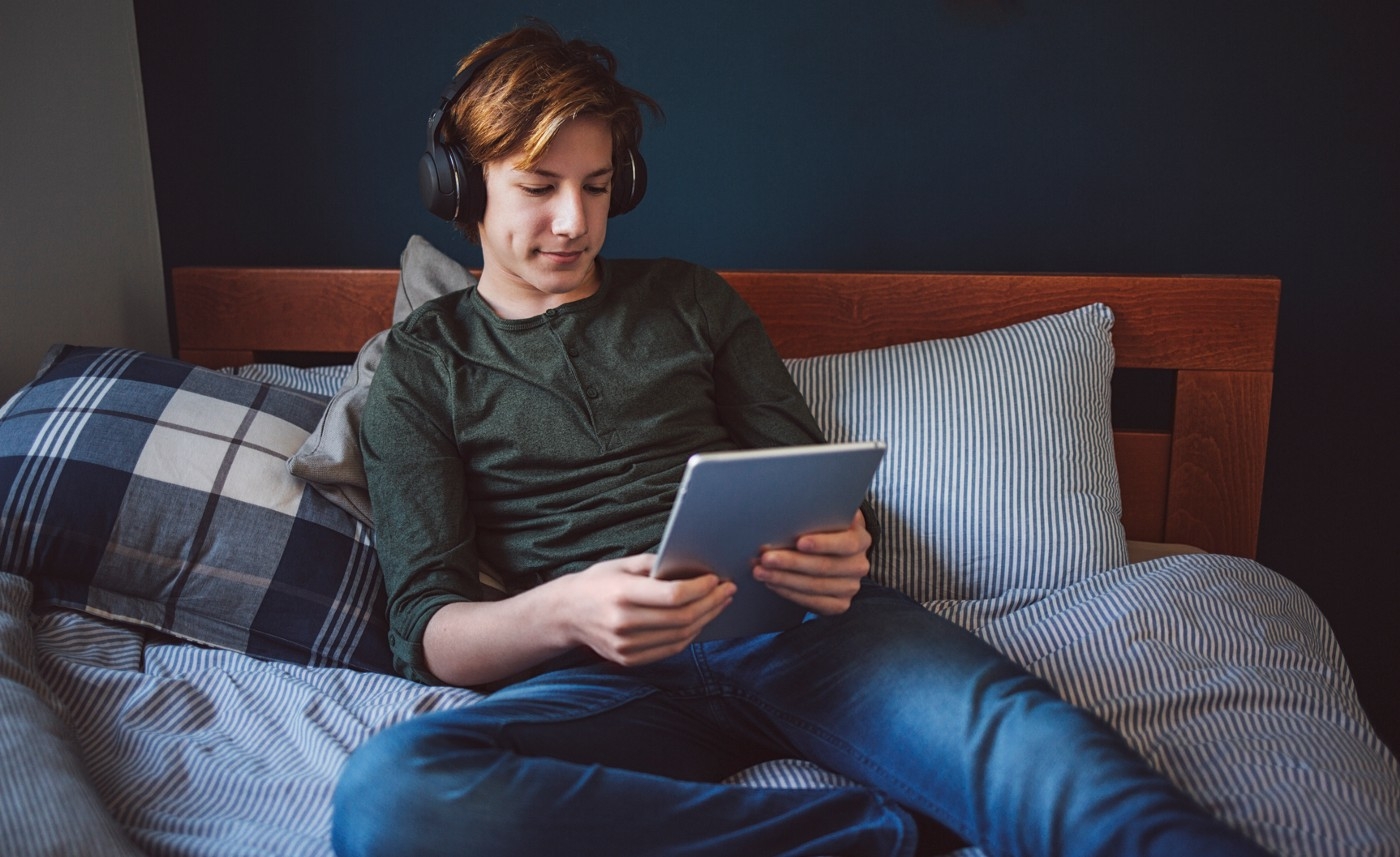Even if they don’t say anything about their feelings, your kids and teens may be having a hard time coping with life, especially during and the covid pandemic.
What Are Teens Worrying About
Kids often fantasize about school being canceled, but when schools actually closed during the pandemic, your kids lost their familiar daily routines and their opportunities to socialize. They may be struggling to keep up with their schoolwork by computer. They may be mourning the cancellation of special end-of-the-year activities, like school trips, proms or graduations. They may be worried that family members could lose their jobs or get sick from the novel coronavirus. They may feel lonely and isolated, wondering when the end of social distancing might be in sight. Any or all of these feelings may put them at increased risk of depression or anxiety.
Significantly more Americans than usual are experiencing mental health challenges during the pandemic. Your kids may be at risk, too, so it’s important to pay attention to their mental health.
Signs to Look For
Children and teens who are depressed may seem sad, moody or withdrawn, or they may eat or sleep more or less than usual. If your teen is normally moody and a late sleeper, look for other signs of concern, like unexplained anger or losing interest in friends or hobbies. Younger children may have trouble concentrating, or they may talk about feeling worthless.
Children and teens with anxiety may feel worried or on edge all the time. They may have trouble concentrating or sleeping well, and they may have stomach problems. Younger children may cry or have tantrums.
Online therapy is easier than you think
Choose from a variety of mental health therapists and psychiatrists with different backgrounds and specialties, available when you are, from the comfort of your phone or computer.
Book your appointment nowWhat to Ask Your Teen
During this difficult time, ask your children about their feelings. Listen to what they say, and let them know that you understand. Being honest about some of your own feelings may help your children feel less alone.
If talking about feelings doesn’t help to lift your child or teen’s mood, don’t hesitate to call the pediatrician or a mental health professional to provide them with help. A therapist can help teens make sense of their emotions, put things into perspective and help them communicate their feelings effectively. Therapists can also teach children and teens age-appropriate skills to help them cope with feelings of depression and anxiety during the pandemic. When children and teens learn these skills, it can help the entire family understand each other better.
Types of Online Therapy for Teens
During the pandemic, it may be difficult to find a mental health provider or you may have concerns about seeking care outside of the home. Virtual care can be a great option for your child or teen to speak with someone within days, instead of weeks. Studies have found that the benefits of talk therapy can be fully experienced through face-to-face video visits. At Doctor On Demand, we have seen that our patients see measurable improvements in conditions like anxiety and depression through:
- virtual therapy
- virtual psychiatry
Your child or teen will likely be receptive to virtual therapy, too, since many kids today have had screen interactions their entire lives. They may like the idea of talking to an approachable mental health expert without having to go anywhere. They’ve probably had video calls with their teachers recently, so they may be used to speaking with adults who are authority figures through their screens.
Knowing that your child or teen is having their mental health needs addressed should give you greater peace of mind at a time when you may have many worries.
Doctor On Demand By Included Health
At Doctor On Demand by Included Health, we have licensed therapists and psychiatrists who specialize in anxiety, depression, grief and loss, and more. You or your child may benefit from talking to someone outside of your close family and friends. We’re here when you’re ready, and available 24/7, everyday of the year, including holidays.
About the author

Dr. Nikole Benders-Hadi is a board-certified adult psychiatrist who passionately believes access to mental health treatment should be available to everyone. She completed her undergraduate education at Johns Hopkins University, followed by medical school and residency training at New York University School of Medicine. She then completed a fellowship in Public Psychiatry at Columbia University. She has also done research on women’s mental health issues. Her approach to treatment is patient-centered and recovery-focused, dedicated to reducing mental health stigma and providing treatments that help patients maintain the quality of life they deserve.



